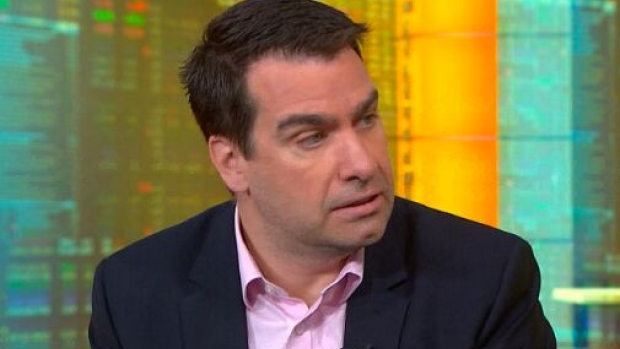Mar 27, 2023
JPMorgan’s Kolanovic Says Stay Defensive as Banking Woes Persist
, Bloomberg News

(Bloomberg) -- Heightened uncertainty and rising recession odds posed by the banking crisis are reasons for investors in US stocks to remain defensive in their positioning, according to JPMorgan Chase & Co.’s Marko Kolanovic.
The bank’s chief global markets strategist warned Monday in a note to clients that concerns around financial stability and downward revisions to economic forecasts are expected to further dent sentiment in the months ahead.
“The higher level of uncertainty induced by the banking crisis keeps us with a defensive stance for two reasons,” Kolanovic wrote. “First, higher uncertainty should put upward pressure on risk premia embedded in asset prices and increase the need for precautionary savings among investors. Second, economic forecasts have a long way to downshift to catch up with markets.”
Kolanovic and his team of strategists favor sectors that benefit from lower bond yields, such as technology, as Treasury yields retreat from last year’s highs.
Tech has rallied in 2023, with the Nasdaq 100 Index surging 16% compared with a 3.7% rise in the S&P 500 Index. The outperformance has become even more magnified this month as traders ramp up bets that banking-system stresses will prompt the Federal Reserve to hit the brakes on its tightening campaign.
The JPMorgan team emphasized increased caution around cyclicals, banks and value shares, reiterating its view that the first quarter will likely mark the high point for stock prices this year. It also sounded the alarm on “compounding” stresses in commercial real estate — office space in particular — which could deepen if additional shocks emanate from the banking system.
Kolanovic was revered for his bullish calls in 2020 and 2021, but 2022 tuned against him as the market tanked and he remained optimistic until late in the year. His S&P 500 price target of 4,800 last year was 25% higher than where the index closed out 2022. His 2023 target for the benchmark is 4,200, 5.8% above where the index closed Friday.
JPMorgan sees the path to a recession taking hold gradually, and predicts central banks will not ease monetary policy until economic growth is thwarted. It sees the global expansion ending by 2024, with inflation failing to fall to targeted levels and requiring further tightening.
“However, both the timing and rate path to reach this outcome are unclear,” Kolanovic said.
©2023 Bloomberg L.P.





